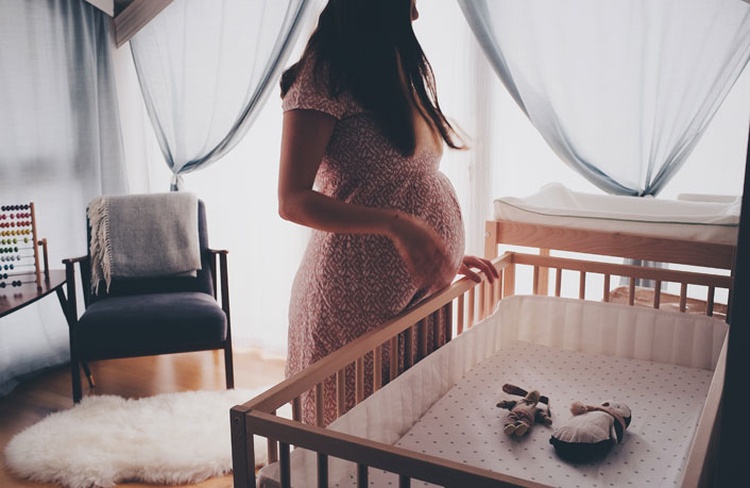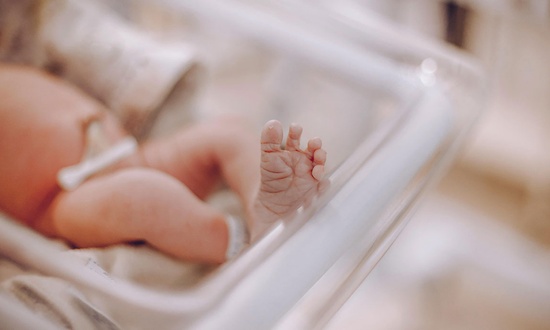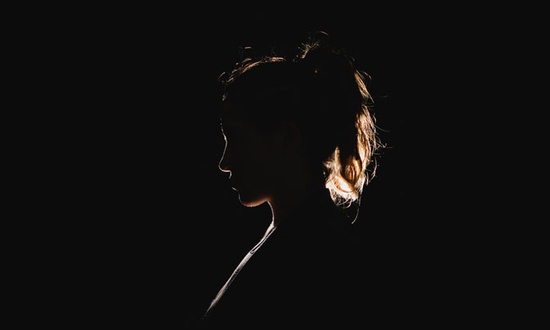Comment from a reader:
Educate your own self. Empathy, which pro-birth anti-lifers like yourselves lack, requires you to understand that putting a child into a broken care system which rapes, assaults and abuses thousands of children a year is dangerous,
Forcing people to have children increases the risk of post-natal depression and psychosis both of which are linked to child endangerment, post-natal psychosis is a medical emergency which is incredibly dangerous for the mother and child, self harm, suicide, child endangerment, murder you name it, all linked to post-natal psychosis, drug addicts having children can cause children to have addiction issues from birth and
A whole TON of birth defects that can be deadly, forcing parents to watch children with deadly birth defects die in their arms in pain is abuse and mentally harmful, mother's who were forced to have their kids could have attachment issues aka they won’t love their kid as much as they should.
That's not even to mention how places like Chile where all abortion was illegal until recently saw high reports of pregnant women and children throwing themselves under cars, against poles, taking half an abortion pill which can cause a whole load of issues like internal bleeding and getting black market abortions from untrained strangers which can lead to infections, incomplete abortions and death.
You support ALL of that. Pro-birth is anti-life, anti-happiness and pro-child abuse.
Response from Stephanie Anderson, EPM staff:
You’ve brought up a lot of issues. It sounds like you have a lot of concerns about the foster care system and about people suffering injustice and harm. I commend that and I will be the first to tell you that it is an issue that both prolife and prochoice people should be concerned about.
Here’s the bottom line though, on where pro-lifers differ with what you’ve said: we don’t believe it’s permissible or right to eliminate people to prevent their possible future suffering. That is a false empathy. Just because someone might experience a difficult life doesn’t mean they shouldn’t have a chance to experience life. There are many stories of inspirational people who have experienced poverty, abuse, and difficult circumstances but have also risen above those and contributed wonderful things to society and to their families and communities.
Yes, there are widespread problems with foster care. But there are also many wonderful people involved with the foster care system and orphans that are cared for in good foster homes and adopted by wonderful families. Furthermore, Randy shares these thoughts: “There are ‘unwanted’ pregnancies, but in reality there is no such thing as an unwanted child. While certain people may not want them, other people do, desperately. By some estimates, there are 2 million American couples waiting to adopt. This means ‘there are as many as 36 waiting families for every one child who is placed for adoption.’ Newborns are especially desired. It’s important to clarify that this has no direct bearing on the moral issue of abortion. Even if no one wanted to adopt a baby, it would still not be right to kill her. The point is simply that every child is wanted by someone.”
You link “forcing” someone to give birth to a lot of issues, including child abuse and murder. However, since abortion is widespread in our culture, shouldn’t we expect those things to have actually decreased in the years since Roe v. Wade? The thing is, they haven’t. They’ve increased. Randy writes,
In 1973, when abortion was legalized, child abuse cases in the United States were estimated at 167,000 annually. In 2017 there were 674,000 substantiated cases of abuse and 1,720 fatalities, over four times the rate of abuse before abortion was legalized. We should ask ourselves why far more children in America have been abused since abortion was legalized than before. I believe a large part of the answer is that abortion has changed the way we view children. The attitude that results in abortion is exactly the same attitude that results in child abuse: children are seen as an inconvenience, and adults imagine they have the right not to be inconvenienced by a child.
You talk about children with birth defects and say that “forcing” parents to give birth to them is cruel. No one denies this is a painful and heartbreaking situation. But it’s one thing to know a child will probably die, and entirely another to choose to take his life. Many parents have attested to the value of holding and bonding with their disabled child after birth. It’s a false narrative that abortion brings healing.
You mentioned mothers who won’t care for their children after birth because they didn’t bond with them. Again, we can’t say that someone doesn’t have the right to live because someone else may not love them as they should. That’s not a good standard for whether someone should have the right to live or not.
It is sad to hear about those cases in Chile. Of course every woman deserves compassionate care when facing an unplanned pregnancy. But abortion is not healthcare. The solution is care and help for those women and their children, not legalizing abortion. Killing a child doesn’t solve problems; it multiplies them.
No, the prolife position is not anti-life. It values both the life of the mother and the life of the child. No, it is not anti-happiness. Abortion doesn’t deliver happiness; it delivers a dead child. And no, it’s not pro-child abuse. Pro-lifers believe we need to work towards a world where each child, both inside and outside the womb, is valued and cared for. And that starts by valuing their lives from the very beginning.
Photo by Ömürden Cengiz on Unsplash




